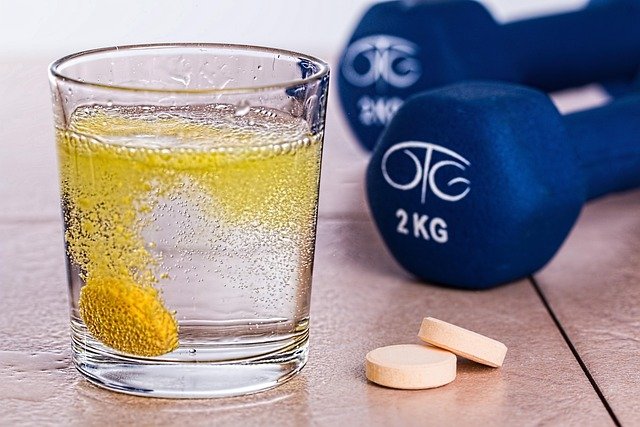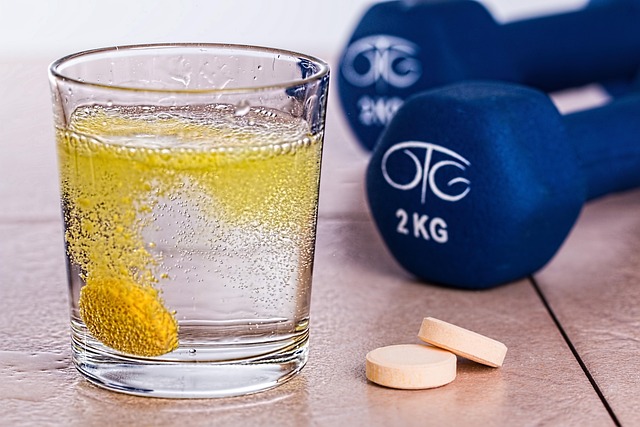Simple ingredient guide for effective skincare choices
Choosing effective skincare can feel overwhelming given the number of products and ingredients on the market. This guide focuses on common, well-studied ingredients and how they work with lifestyle factors like nutrition, hydration, exercise, sleep, and supplements to support healthier skin. It distills practical, evidence-informed directions for everyday choices without exaggeration or marketing claims.

Skincare ingredients to prioritize
Look for core, well-researched ingredients that address common skin concerns without unnecessary extras. Retinoids (retinol and prescription tretinoin) promote cellular turnover and can improve texture and fine lines when used at appropriate concentrations and paired with sun protection. Vitamin C (ascorbic acid) is an antioxidant that supports brightness and collagen maintenance but requires stable formulations. Niacinamide helps barrier function and reduces redness in many users. Hyaluronic acid attracts and holds moisture, improving plumpness temporarily. Ceramides and fatty acids restore the lipid barrier, which is essential for sensitive or dry skin. Sunscreen with broad-spectrum protection is foundational: it prevents UV-driven damage that undermines other ingredient benefits.
How does nutrition support skin
A balanced diet supports skin structure and repair. Protein provides amino acids needed for collagen and keratin; healthy fats (mono- and polyunsaturated) support membrane integrity and barrier function. Antioxidant-rich foods—fruits, vegetables, and whole grains—help neutralize oxidative stress that can accelerate aging. Vitamins and minerals such as vitamin C, zinc, and vitamin A are involved in wound healing and cell turnover. While single foods are not miracle cures, consistent dietary patterns that include varied whole foods support skin health alongside topical care.
What exercise benefits skin and posture
Regular exercise improves circulation, which helps deliver nutrients and remove metabolic waste from tissues, including skin. Activities that combine cardiovascular effort and strength training support muscle tone and posture; better posture can reduce tension-related lines and improve appearance over time. Maintaining mobility and flexibility reduces compensatory movement patterns that contribute to neck and facial tension. Sweat itself is not harmful but cleansing after exercise helps prevent clogged pores. Overall, a balanced program of aerobic work, strength, and flexibility supports systemic health that reflects on skin.
Why hydration matters for skin
Hydration refers both to systemic fluid balance and to skin surface moisture. Drinking adequate fluids helps physiological functions, but topical hydration agents target the skin directly. Humectants such as hyaluronic acid and glycerin pull water into the outer skin layers, while emollients and occlusives (like ceramides, oils, and petrolatum) lock in moisture by reinforcing the barrier. In dry climates or after exfoliation, pairing a humectant with an occlusive reduces transepidermal water loss more effectively than either alone. Hydration practices should complement barrier-repair ingredients for sustained improvement.
How sleep and recovery affect skin
Sleep and recovery are critical for repair cycles that occur overnight. During restful sleep, the body conducts cell repair, protein synthesis, and immune modulation processes that benefit skin regeneration. Chronic poor sleep quality is associated with signs of stress in the skin, such as dullness and delayed barrier recovery. Recovery also includes managing inflammation through balanced activity, rest, and stress reduction. Consistent sleep hygiene—regular schedule, dark and cool environment—supports these restorative processes and enhances the effectiveness of topical and nutritional strategies.
Should you use supplements for skin
Supplements can address specific nutritional gaps but are not a substitute for a varied diet and well-chosen topical care. Oral vitamin C supports collagen synthesis when dietary intake is low. Omega-3 supplements may aid barrier function and reduce inflammation for some people. Zinc is useful in certain deficiency states and for wound healing. Probiotics are an area of active research for skin conditions involving inflammation and barrier dysfunction. Before starting supplements, check for interactions with medications and consider consulting a healthcare professional if you have underlying conditions or are pregnant.
Conclusion
Selecting effective skincare is a matter of combining proven topical ingredients with consistent lifestyle support: balanced nutrition, appropriate exercise that includes strength and mobility work, adequate hydration, restorative sleep, and targeted supplementation when needed. Focus on a few complementary ingredients—such as sunscreen, a barrier repair moisturizer, antioxidants, and retinoids used safely—rather than multiple overlapping products. Consistency and protections against UV damage are the most reliable foundations for long-term skin health.




